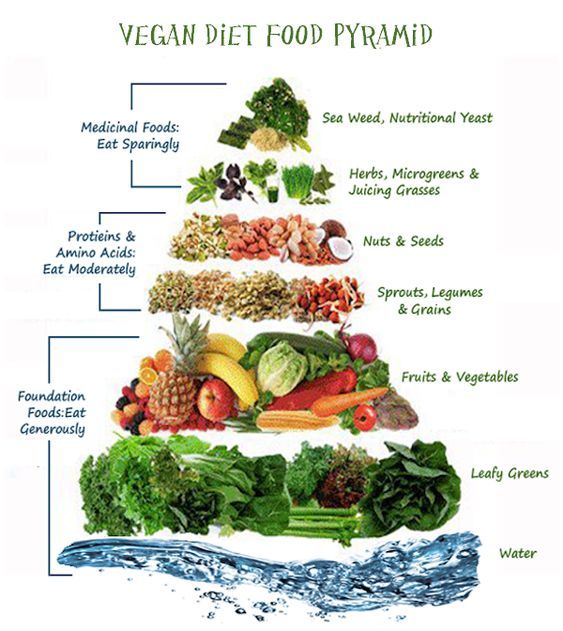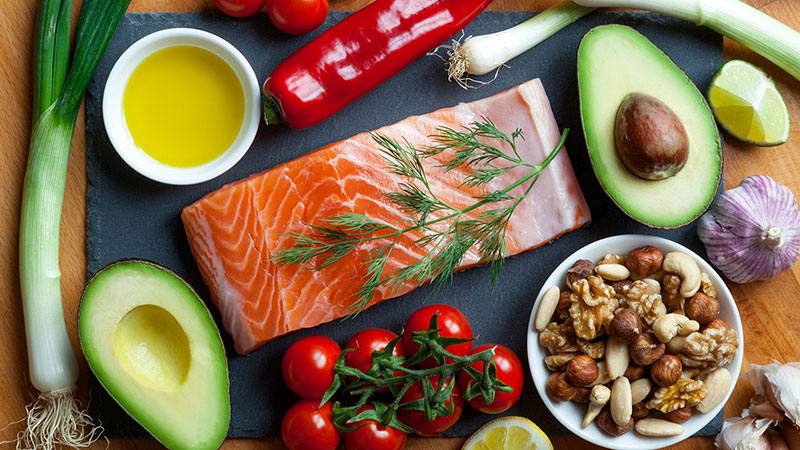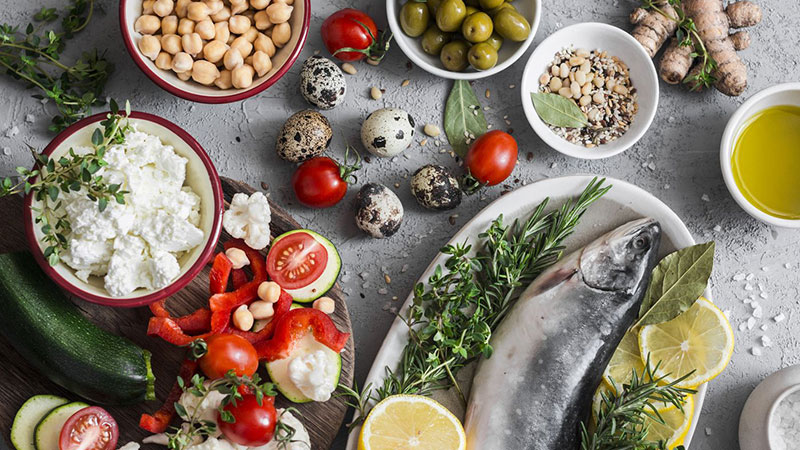The Vegan Diet
The Vegan diet or Veganism is a plant-based diet that avoids food from animal sources. The diet which promotes consumption of wholesome plant-based food has experienced tremendous growth in the number of people who subscribe to a vegan diet. The growing popularity of the Vegan lifestyle is based on several reasons; health, religious, ethical and environmental. The Vegan diet is the eating plan with perhaps the most variation; underneath the broad umbrella of Veganism, there are three broad categories of veganism, namely.
- Dietary Veganism; where the adherents not only avoid meat and fish but also include eggs and dairy among their list of banned food items. Dietary Vegans are strict vegetarians.
- Ethical Vegans go beyond the dietary exclusion of animal-based products to extend their ban to the use of animals in products of all kinds, including clothing, medicine, and cosmetics. They oppose the killing of animals for all purposes.
- Environmental Veganism avoids animal products in order to protect the environment. They hold the position that industrial farming is unsustainable and highly damaging to the environment.
Underneath these broad categories, Vegan diets can be further classified into seven types:
- A Whole-Food Vegan diet that is based on whole plant foods.
- The Starch Solution focuses on cooked starches rather than fruit.
- The Thrive Diet is a raw foods diet.
- A Raw-food vegan diet which only admits plant foods cooked below 118° Fahrenheit or 48° Celsius
- The 80/10/10 Vegan diet is based on raw foods but limits plants rich in fat and consists mostly of raw fruits and soft greens.
- Raw-Till-4 is a low-fat raw-food diet that allows cooked food after 4 p.m.
- Junk-Food vegan diet is a diet of mock meats, fries and processed vegan foods.
Like all restrictive diets, a vegan diet which eliminates an entire food group is only as good as the foods that are substituted in for the missing ones. 
Generally, vegan diets tend to be high in fiber, folic acid, Vitamin C, magnesium, Iron, vitamin E, and phytochemicals; while being low in energy, cholesterol, omega-3 fatty acids, saturated fat, zinc, vitamin D, calcium, and B vitamins.
Pros and Cons of the Vegan Dietary Plan
Pros
- Plant based diets incorporate more fiber. That equates to feeling fuller and the likelihood of consuming fewer calories, resulting in weight-loss.
- Due to it being low in salt veganism holds significant capabilities for better cardiovascular health.
- The average vegan diet will boost individuals’ immune system, due to their being rich in antioxidants.
- It could also have a positive impact on gut bacteria diversity
- Individuals practicing a vegan lifestyle will have no shortage of recipes and will always be able to eat out.
Cons
- May lead to a depletion of the body’s stores of Vitamin D. Vitamin, which is essential for bones, teeth and muscle health.
- Vitamin B12 deficiency is a very real danger with veganism. Vitamin B12 is essential for proper blood and nerve functions. It can only be obtained from animal products.
- Due to Plant-based calcium being more difficult for the human body to extract, vegans need to supplements to meet their body’s demand for the nutrient.
- Certain compounds found in foods abundant in the vegan diet may interfere with the body’s ability to absorb essential nutrients, for example, the phytic acid that occurs in beans, spinach and seeds.
Who this eating plan is for?
Due to the flexibility of the vegan diet, almost anyone with a desire to watch their weight and prevent or manage cardiovascular diseases can benefit from a vegan diet.
Additionally, the current popularity of the diets means that there is no shortage of recipes, plans and other resources for people who choose to go the vegan path.
Foods Allowed or Disallowed in The Vegan diet
Allowed
- Legumes
- Seeds
- Plant milks and yogurts
- Nuts and nut butters
- Whole grains and cereals
- Fruits and vegetables
- Sprouted and fermented plant foods
Disallowed
- Meat
- Poultry
- Bird and Fish eggs
- Fish and Seafood
- Dairy and milk-based products
- Bee products
- All classes of Animal-based ingredients.
Medical Benefits of the Vegan Diet
Diabetes: A vegan diet has been shown to help keep blood sugar under control, with the attendant benefit of protecting against Type 2 diabetes. Diabetics on a vegan diet also experienced up to 2.4 times lower blood sugar than others on diets recommended by the American Dietetics Association (ADA), the American Heart Association (AHA) and the National Cholesterol Education Program (NCEP).
Heart Health: Is another area where the vegan diet has shown remarkable success, with the risk of dying from heart disease falling by as much as 42% for some individuals.
Arthritis: Vegan diets are particularly successful at reducing arthritic symptoms of arthritis like pain, joint swelling and stiffness.
Alzheimer’s Disease: Studies show that a vegan diet may reduce the risk of the disease.
Famous Athletes on the Vegan Plan
David Haye; British professional boxer
Serena Williams; Internatinal tennis superstar and world champion
Nate Diaz; American professional MMA fighter with the Ultimate Fighting Championship
Peter Siddle; Australian Test cricketer
Medical Studies on the Vegan plan
In one 2006 study, published by Diabetes Care, ninety-nine individuals with Type 2 diabetes were pot on either a vegan diet or a diet based on American Diabetes Association guidelines. Twenty-two weeks after, the individuals on the vegan diet had lost an average of 13 pounds compared to the 9 pounds lost by participants in the other group.
The American Journal of Clinical Nutrition published a study in 1999, where researchers had forty five individuals for years; twenty of them had meat in their diet, twenty-five were vegans. The study found the individuals on a vegan diet to have considerably lower Body Mass Index than the meat eaters.
In 2014, researchers monitored 50 overweight or obese adults over a six-month period. At the end of the study, those on a vegan diet lost more weight than the individuals on other plans; some of the other plans were semi-vegetarian and omnivorous. The study authors concluded that the persons on vegan diets ate fewer calories because their diet helped them feel fuller longer and was low in fat.





